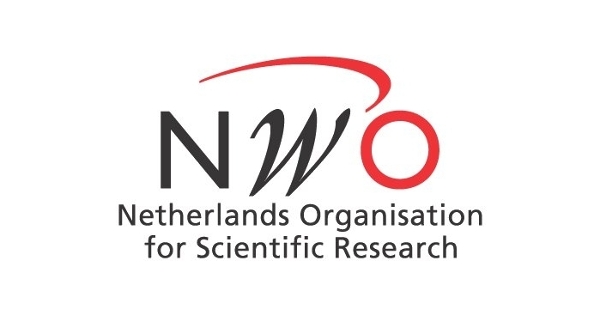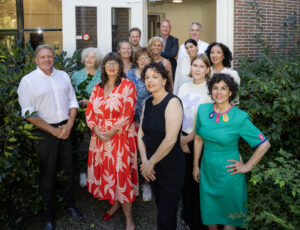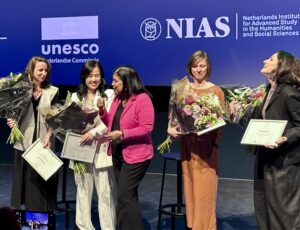Human rights, non-domination and restrictions on refugees’ free choice of residence
Lieneke Slingenberg received the grant for her research project “Human rights, non-domination and restrictions on refugees’ free choice of residence”, dealing with how European states increasingly decide where refugees can or cannot live within their territories. It investigates which national, European and international rules and rights apply to these restrictions on freedom and if and how these regulations can provide better protection against domination: the possibility of arbitrary interference.
Lieneke Slingenberg
Lieneke Slingenberg is Associate Professor and Head of the Section Migration Law at the Vrije Universiteit Amsterdam. She received her LL.M. in International Law and Constitutional and Administrative Law in 2005 (cum laude) and her PhD in 2012, both at the Vrije Universiteit Amsterdam. In her research she focuses on the intersections between social security law and migration law, in particular on the social rights of irregular migrants, asylum seekers and refugees. In her work, she analyses how states use the provision of and/or exclusion from social rights as an instrument of migration control and how this relates to human rights law. In 2014 she published a monograph, based on her doctoral research, on state obligations under refugee law, international social security law and international human rights law with regard to the reception of asylum seekers (Hart Publishing). Recently she has mainly been working on European and domestic case law about social rights of irregular migrants. At NIAS she studied the legal reasoning employed by European courts and committees in cases about the social rights of irregular migrants.
NWO Veni Grants
The Innovational Research Incentives Scheme Veni is a grant for researchers who have recently obtained their PhD to conduct independent research and develop their ideas for a period of three years. The Veni is awarded by Netherlands Organisation of Scientific Research (NWO) every year. A total of 1,115 researchers submitted an admissible research proposal for funding. In this round, 154 of these have been granted.



